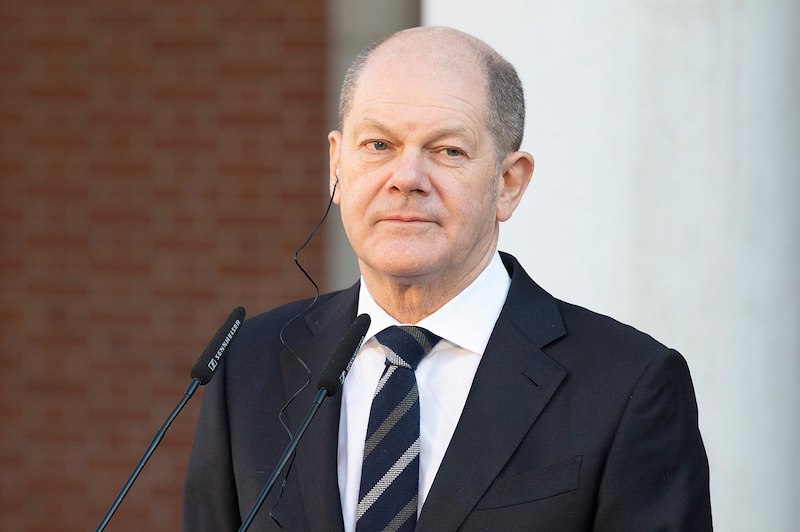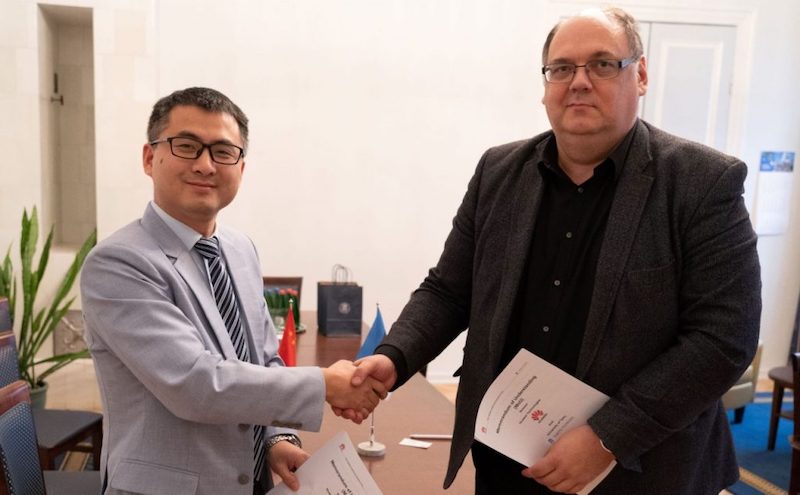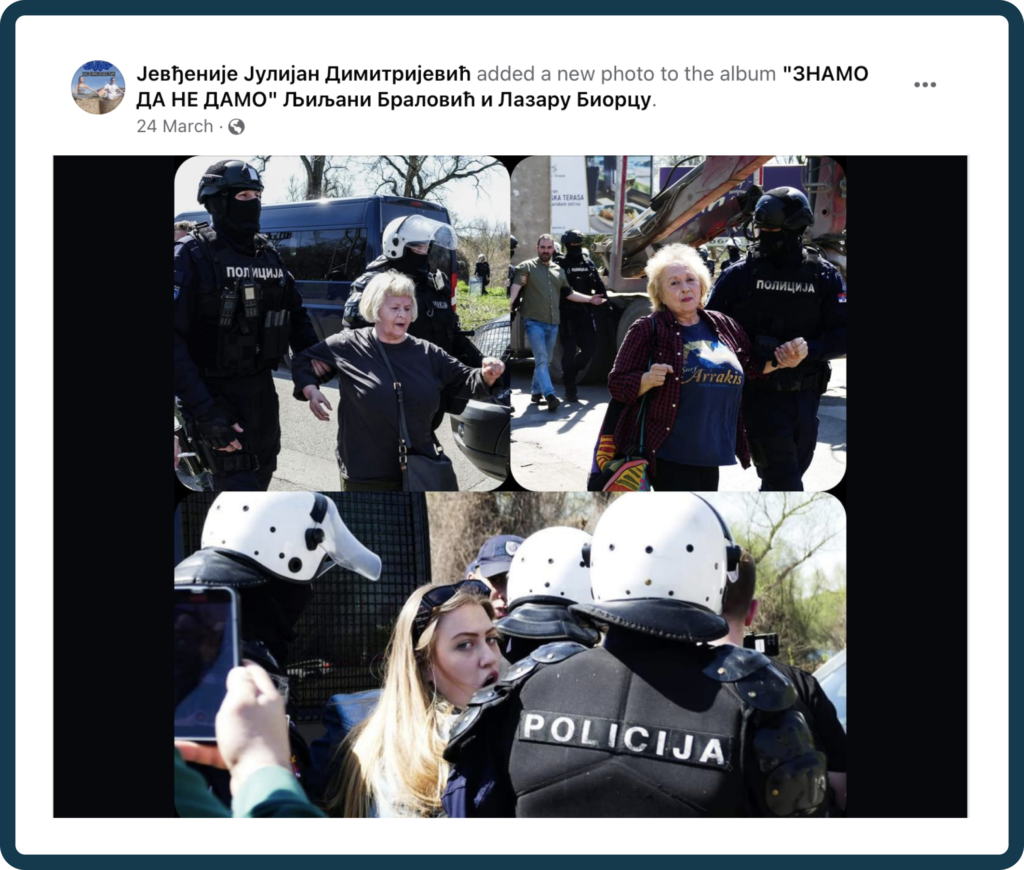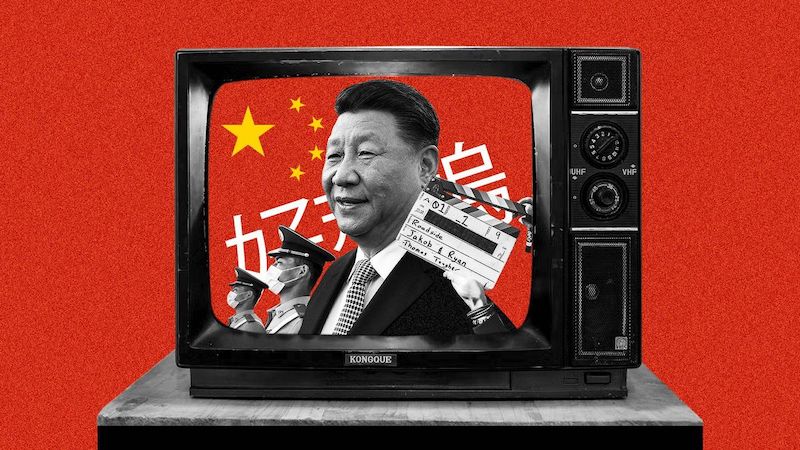Hi from Madrid,
During his visit to Beijing, French president Emmanuel Macron ignited a scandal with his remarks about Europe’s position on China, and the need to find a separate course from the United States’ confrontational position towards Beijing.
While the statements were poorly timed, former NATO assistant secretary general for defense investment, Camille Grand, told me in a recent interview, that Macron was posing a fair question: Europe has to think about its relationship with China.
Perhaps it’s a bit too late, as Chinese influence grows in many areas across Europe, such as through buying key port infrastructures (in Germany and Greece) and spreading propaganda (especially in the Balkan countries). Countries such as the Czech Republic and Lithuania, which are making timid gestures towards Taiwan, have also been put under severe economic pressure by China.
In this week’s issue we highlight the different perspectives on how and how much Chinese influence is already in Europe.
Alicia Alamillos, this week’s Editor-in-Chief

The European Union is not known for speed or astuteness – which makes its firm attitude towards China all the more surprising. EU Commission President Ursula von der Leyen has long called for greater resilience among the 27 member states in the face of Beijing’s quest for power, and last week, she laid out in the European Parliament how that could work.
With its military presence in the East China Sea, China threatens Taiwan’s democracy and, in the Xinjiang region, the world’s number two economic superpower systematically violates human rights against the Muslim population, such as the Uighur.
With few exceptions, the EU has recognised the potential for conflict that emanates from the “new era” proclaimed by China’s party and state leader Xi Jinping. But while Brussels has a plan for China, Berlin does not.
The German government is still struggling to come up with a new China strategy. Decoupling Germany from China is not the solution, chancellor Olaf Scholz argues, since the People’s Republic is Germany’s biggest trade partner and important for many German multinationals, like Volkswagen and Siemens. Scholz insists on derisking by diversifying. But Germany has failed to branch out in the past.
Nowhere has this become clearer than in the energy sector after Russia invaded Ukraine.
The risk of dependence on Moscow’s hydrocarbons was widely debated since the annexation of Crimea in 2014, but instead of diversifying its energy supply, Germany allowed the pipeline Nord Stream 2 to be built. The rest is history.
The threat of a major conflict of interests, like in the event of a Chinese attack on Taiwan, is real and would have devastating consequences for the global economy.
Therefore, it would be helpful if Scholz learned from the errors his Social Democrats made in the past. If Germany’s foreign policy continues to take an ‘economy-first’ attitude in the face of China’s growing belligerence, it risks repeating the same mistakes it made in its appeasing attitude to Russia.

This year, Vodafone sold its Hungarian division to local peer 4iG and the Hungarian state for 1.8 billion euros, in what was meant to be a debt-fuelled acquisition. Press reports confirmed that 4iG received a loan of 750 million euros, and it seems many of the lending banks supplying this cash were Chinese.
In 2010, PM Viktor Orbán announced a policy of ‘Eastern Opening’, indicating an overture to attracting Asian economic interest. Since then, many projects have included Chinese money, such as the Budapest-Belgrade railway and a battery factory. There were even plans to build a campus of Shanghai’s Fudan University in Budapest.
But while the Hungarian government continues to seek out ties with China, critics fear this may imply economic and political influence for Beijing – not only in Hungary but also in the European Union.

In 2019, I was a journalism student writing for the magazine at the University of Tartu, Estonia, when I became the victim of censorship.
That November, my head of university communications emailed me with news that the university had signed a Memorandum of Understanding with the Chinese tech-giant Huawei. The deal included a student exchange programme and the chance of research funding. The university marketed the arrangement as a success story, but I suggested to the editor-in-chief to write a story about the risks involved. She agreed.
The story was supposed to go live in February 2020, but the University’s head of communications told me it could not be published. I didn’t understand who made the decision, except it came from “somewhere higher up”. The University’s explanations were rather vague.
The University’s head of development argued it would be acceptable to publish the article in a national newspaper, but not in the university’s own press. In his opinion, this was not the right place for criticism.
To me this was incomprehensible. In my view, a debate would have shown the maturity of our university. I was disappointed in my place of study because it was ignoring democratic values. An open discussion would have given a chance to consider all the pros and cons before rushing into a collaboration that could possibly backfire.
We can assume that the university feared Huawei would renege on the agreement because of the article. But the ban showed our cowardice – we were willing to retreat from freedom of speech and of the press. For me this was a dangerous precedent – the university showed that it was prepared to be muzzled just not to lose funding.
My experience was particularly ironic. I was writing my thesis on self-censorship in journalism at the same time, and, as a journalist myself, found myself as a case study. After a newspaper ran a story about the situation and public pressure grew, the university published the censored piece online.

Environmental activists protesting against deforestation are dragged away by riot police in Novi Sad, Serbia, on 24 March 2023. These images of women coerced by police officers are going viral on social media.
The trees were cut down because of a new investment: a Chinese state-owned company is building a bridge in the second-largest city in Serbia.
The past decade has seen a significant increase in China’s economic presence in Serbia. According to the American Enterprise Institute, from 2010 to 2022, China’s investment and construction projects in Serbia were the largest of any country in the region, amounting to $17.3 billion.
These investments and public works projects followed the same pattern: a disregard for environmental concerns, non-disclosure agreements, and poor credit terms for Serbia.
The political gain belongs to Serbian politicians, who can put these developments on their list of achievements.
However, no one knows how long Serbia will have to continue paying off its debts for the public works projects, when the investments will finally pay off, and who will actually benefit.

Little Lithuania has been one of the first European countries to point out the risks of dependence on the Chinese economy. In November 2021, the Baltic nation of fewer than three million people was immersed in a diplomatic crisis with Beijing, after the Chinese complained about the opening of a Taiwanese ‘Representative Office’ in Vilnius.
In response, China exerted economic pressure on Lithuania, blocked Lithuanian exports and warned EU and US companies of the “consequences” of using products of Lithuanian origin. It was a David versus Goliath struggle, and also a litmus test to assess the EU’s options in the coming years as it faces increasing competition from China, which is using its economic leverage to press against internal decisions.
Lithuania’s dependence on China is relatively low compared to other European countries in terms of trade and investment. Lithuania has a lot of experience in preventing investments due to national security issues, such as those from its neighbour, Russia. A similar relationship can be applied to China.
After the opening of the Representative Office, what the Baltic nation hadn’t anticipated was that China would also target foreign companies that have an economic relationship with Lithuania and trade ties with China, and punish the country in a broader way.
Following China’s reaction, the EU closed ranks with Lithuania, and the US raised China’s behaviour with the World Trade Organization, and finally won the case.
Due to the solidarity shown by the other EU Member States and their allies, the November 2021-February 2022 incident showed the European Union that countries can take decisions independently of Chinese pressure, and that it is possible to resist Chinese economic intimidation.
Doing business with autocracies is risky. Obviously, China has a huge market. It is not in the interest of European countries to shut down relations with China completely.
But what the Lithuania experience shows is that the EU should be more resilient and less willing to be fully dependent on China. Lithuania (and other Baltic countries) understood that nation states cannot talk about trade and economic ties without taking into consideration the issue of national security.
Thanks for reading the 28th edition of European Focus,
The Chinese connection is inevitable from Estonia to Serbia, from Germany to Hungary. We have tried to show you the different faces of Chinese influence in Europe. The list is certainly not complete.
The question is: is the threat growing, or this is how a globalised and open world should work?
See you next Wednesday!
Alicia Alamillos






